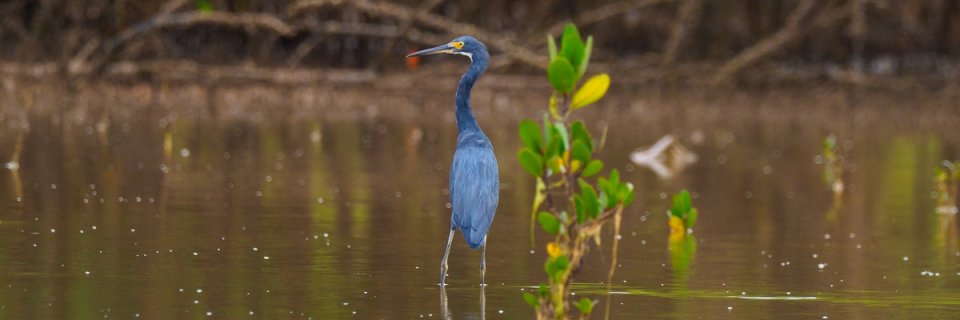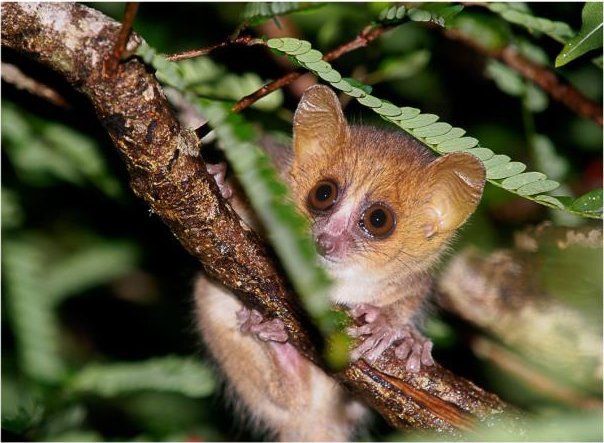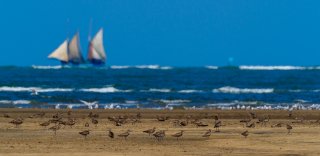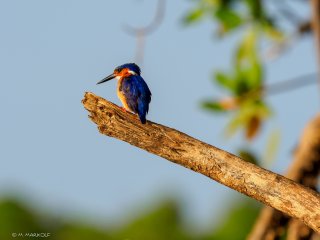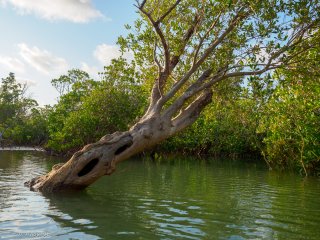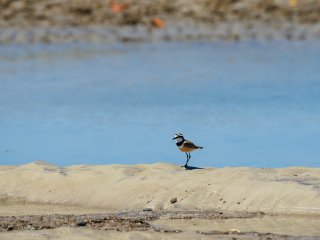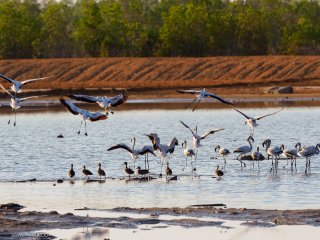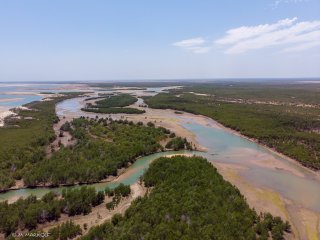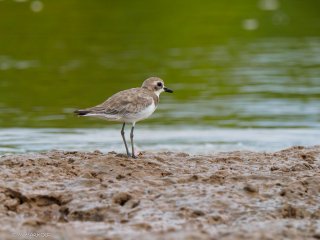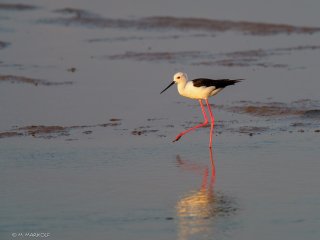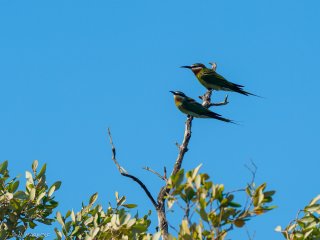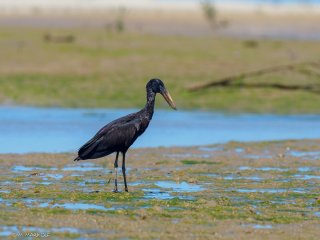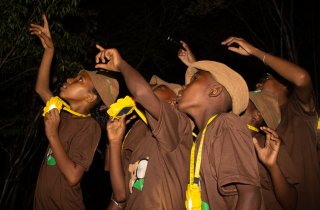Mangrove diversity in Madagascar
Support for the Menabe Antimena Protected Area
The conservation area in western Madagascar is a hotspot of biodiversity and home to many endemic plant and animal species such as the Madame Berthe’s mouse lemur, the smallest primate species known to science. With financial support from the foundation Manfred-Hermsen-Stiftung, Chances for Nature is committed to the protection of forests threatened by slash-and-burn agriculture, logging and overexploitation.
The mangroves are important habitats for many threatened and endemic bird species. While there are many studies on dry deciduous forests in the protected area due to the current threats, little is known about the mangrove forest and its inhabitants. The area is assumed to provide important habitat for some endemic species such as the Madagascar sacred ibis, the Madagascan plover or the Madagascar heron. The world's smallest primate species Madame Berthes mouse lemur, which is endemic in the Antimena Menabe protected area, is also believed to be found in the mangrove forests.
The project
In 2019 was the first survey within this area about the condition of the mangroves. The research was mainly carried out by boat in three sections. Additional data on the expansion of the mangrove cover was collected by a drone, and local fishermen have been interviewed about sightings of rare animal species.
The results indicate a good condition of the mangroves. 66 bird species have been recorded. Especially a section with great variation of habitats (lagoons, sandbanks, mudflats) has been identified as an important bird area. In the future, regular monitoring should be implemented together with local communities. Sightings of mouse lemurs in mangrove areas also give reason for further field research.
In the three-day environmental education camp "Little Rangers", children and young people from the surrounding villages gained valuable knowledge about the biodiversity in the Kirindy Forest and went on nocturnal excursions in search of shy lemurs and birds. They learned about the effects of logging through erosion experiments and received sustainable everyday tips for protecting the forest. This offer can reach 200 pupils every year and sensitize them for their environment.
Further information: www.chancesfornature.org
